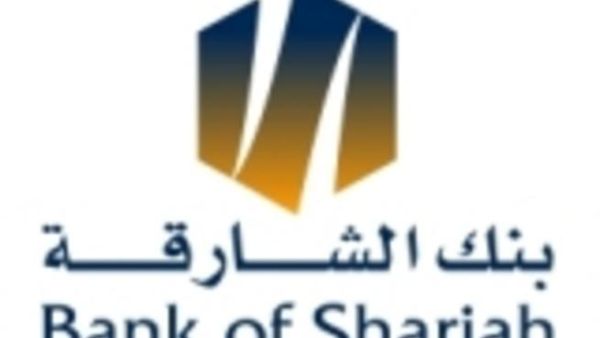Management discussion & analysis report Bank of Sharjah for the year ending December 31, 2011

Despite the political turmoil that engulfed the region and the continued debt crises in Europe, Bank of Sharjah managed to strengthen the structure of its balance sheet and enhance its liquidity position.
Total assets reached AED 20,934 million as at December 31, 2011, an increase of 2% over the corresponding December 31, 2010 balance of AED 20,618 million. The increase in total assets was mainly driven by an increase in customer deposits.
Over the last year, Bank of Sharjah successfully managed to further increase its deposits base. Total deposits reached AED 14,940 million as at December 31, 2011, an increase of 4% over the December 31, 2010 figure of AED 14,377 million.
The Bank’s loans and advances reached AED 12,039 million as at December 31, 2011, comparable to the December 31, 2010 figure of AED 12,107 million.
The continued increase in deposits over loans and advances enhanced the Bank’s loans-to-deposits ratio, reducing it further during the year to 0.81 as at December 31, 2011, from 0.84 on December 31,2010.
The Bank’s equity as at December 31, 2011 stood at AED 4,199 million, 4% below the December 31, 2010 figure of AED 4,395 million. The decline from the December figure was mainly due to the exercise of the share buyback; during 2011, the Bank acquired its own shares worth AED 228 million.
Net liquidity increased by 2% during the year and stood at AED 4,782 million as at December 31, 2011 versus AED 4,682 million as at December 31, 2010.
This improvement in liquidity, which was driven by the 4% increase in deposits, led to a 4% drop in net interest income, due to the depressed interbank interest rates.
In view of the slower than expected recovery in the U.A.E economy and in an uncertain environment, the Bank considered it prudent to further constitute AED 215 million of collective impairment provisions during the year, compared to AED 80 million during 2010. As at December 31, 2011, the Bank’s collective impairment provisions reached AED 561 million.
This led to a decline in the current year net income and net profits for the year ending December 31, 2011 reached AED 254 million, compared to AED 404 million in the corresponding period of 2010, a 37% decline.
It is worth mentioning that the Bank has managed to reduce its operating expenses by 4% during 2011. The synergies that materialized between the Bank and its Lebanese subsidiary post-acquisition facilitated a streamlining of operations at the subsidiary, thereby reducing operating expenses.
Mr. Ahmed Al Noman, Chairman of the Bank, expressed the satisfaction of the Board with the year end Net Profit figures, even though higher provisions were allocated, and considered that said provisions will be recovered in due time with the return of stock market dynamism. He added that the Bank, under the new accounting standards, has undervalued assets “marked to market” in an illiquid and lackluster stock market with extremely high upside potential.
Commenting on the results, Mr. Varouj Nerguizian, Executive Director and General Manager at Bank of Sharjah, said: “The political unrest which erupted in the MENA region at the beginning of last year continued to negatively impact the regional financial markets and economies. The concerns of the MENA region were compounded further by sovereign debt crises in Europe that have engendered concerns over a global recovery. The context of sustained market speculation has yielded a slower than hoped rebound in the UAE economy. Given that the banking sector is nuanced by overall macroeconomic trends, the subdued business environment that currently characterizes the UAE might continue to weigh down on banking results in 2012.”
Elaborating further, Mr. Nerguizian stated, “While profitability is lagging behind due to general provisions, prudential provisions remain the key to meeting the unexpected in an uncertain environment.”
He concluded, “During the period of 2011, Bank of Sharjah has demonstrated the underlying strength of its core business operations. In particular, the Bank continued to increase its deposit base and enhance its liquidity position. The conservative policy of maintaining high liquidity ratios adopted by the Bank since inception – and recommended by Basel III directives – has proven its vital importance in the aftermath of the global financial crisis and its repercussions for the U.A.E economy.”
Background Information
Bank of Sharjah
Bank of Sharjah was established in 1973 as the first commercial bank in Sharjah and the fifth in the UAE. Since its inception, the Bank has played a key role in the economic growth of the Emirate of Sharjah in particular, and the growth of the United Arab Emirates in general.
Bank of Sharjah is a financial institution listed on the Abu Dhabi Securities Exchange and headquartered in Sharjah. The Bank has a strong presence in the UAE and Lebanon through its subsidiary Emirates Lebanon Bank S.A.L..






